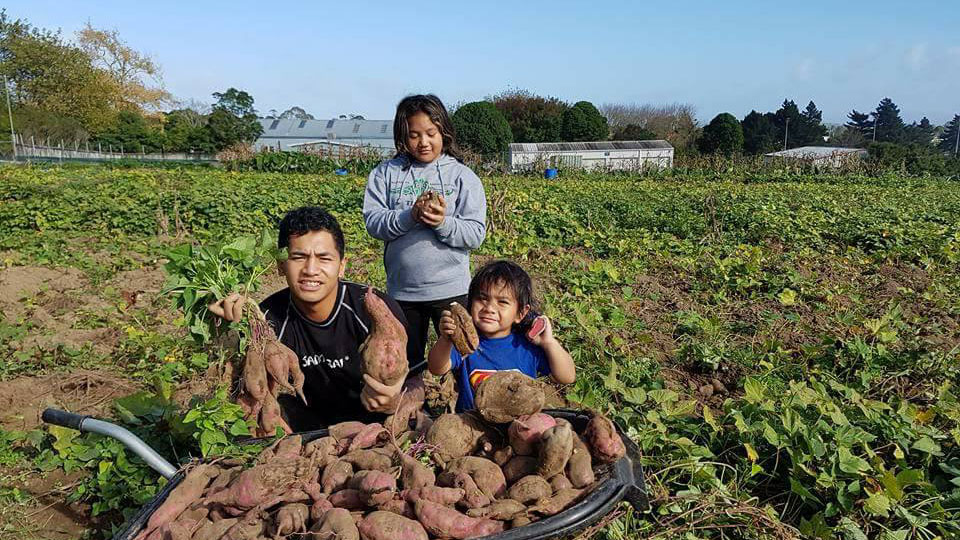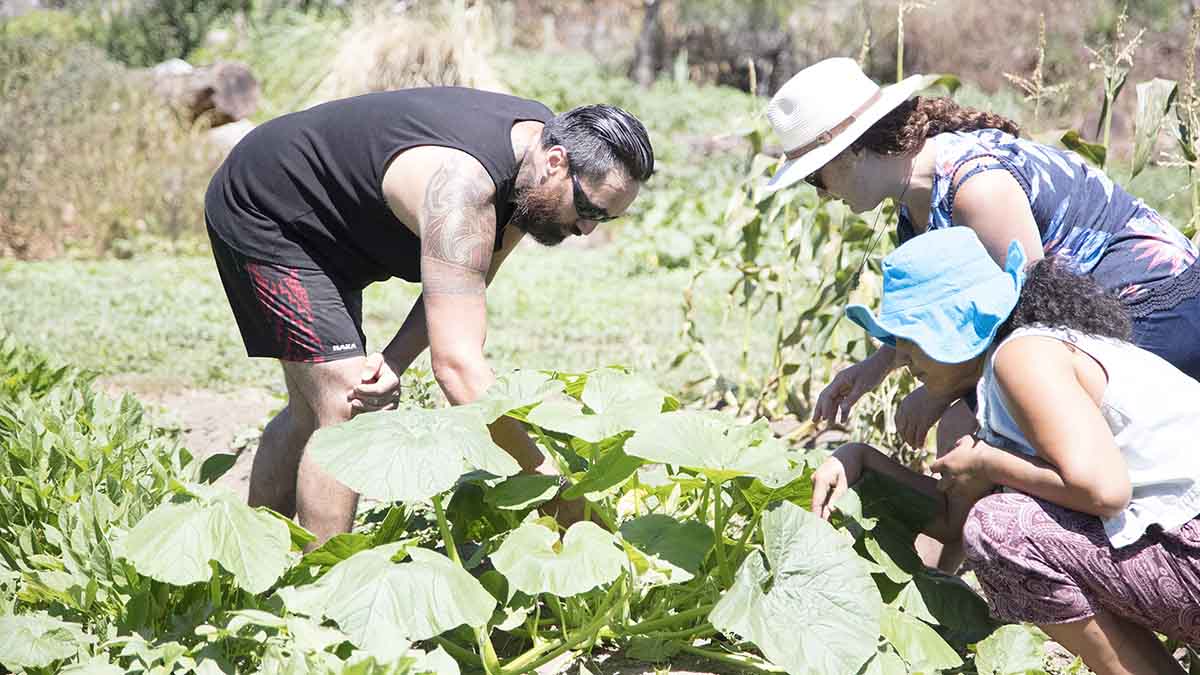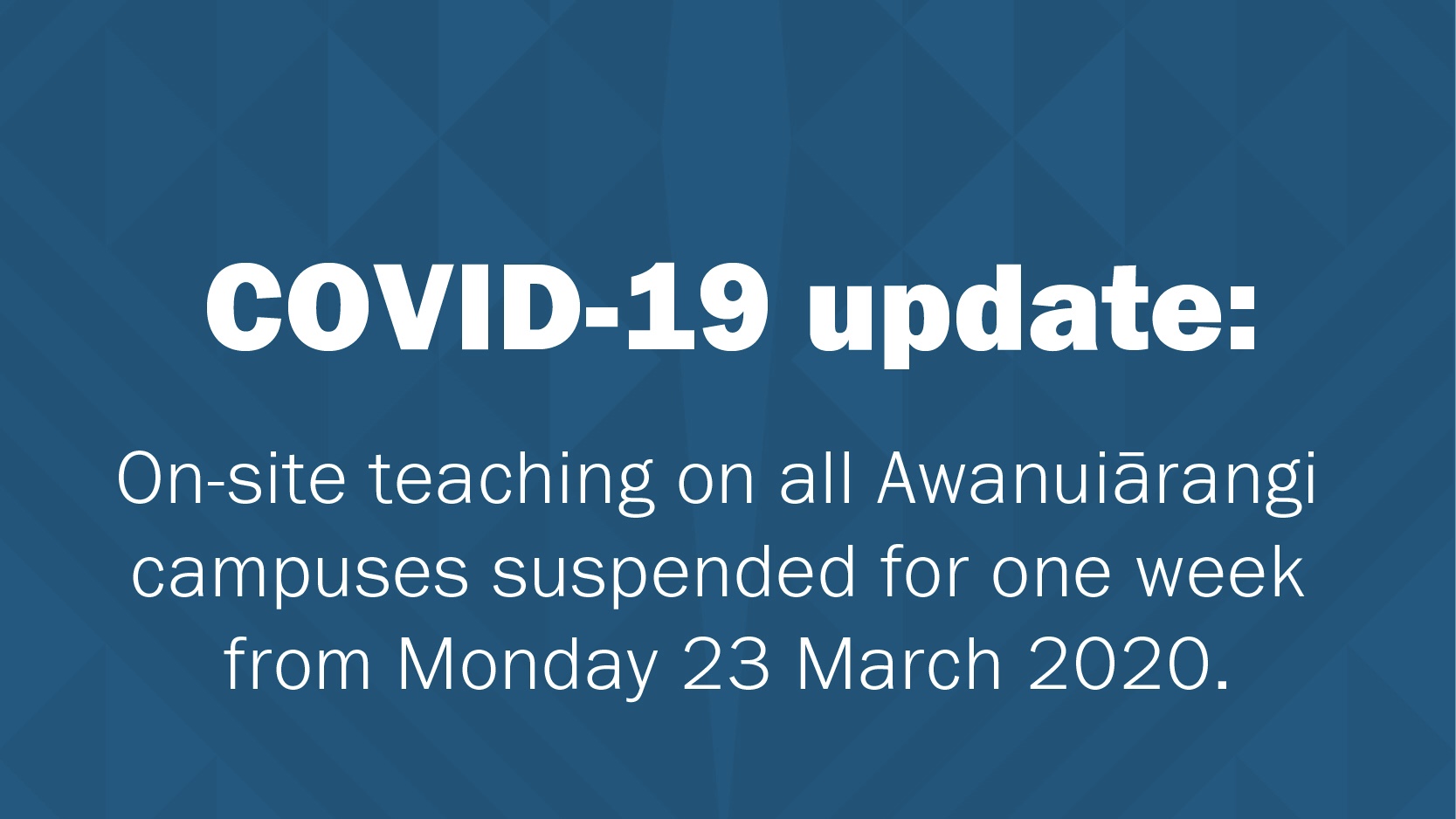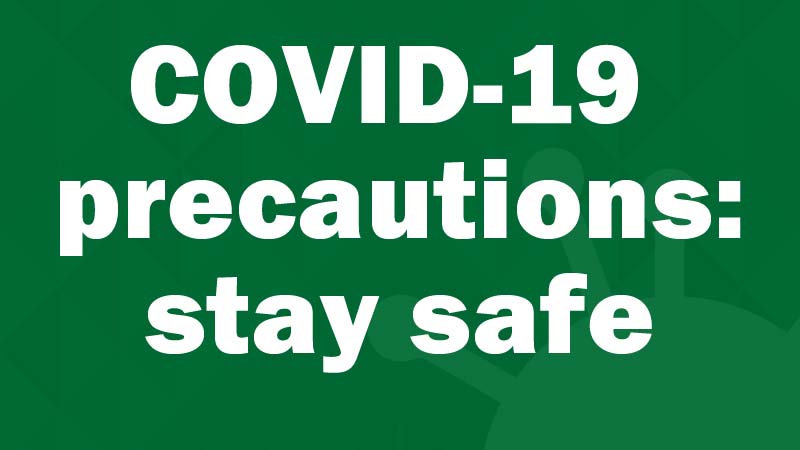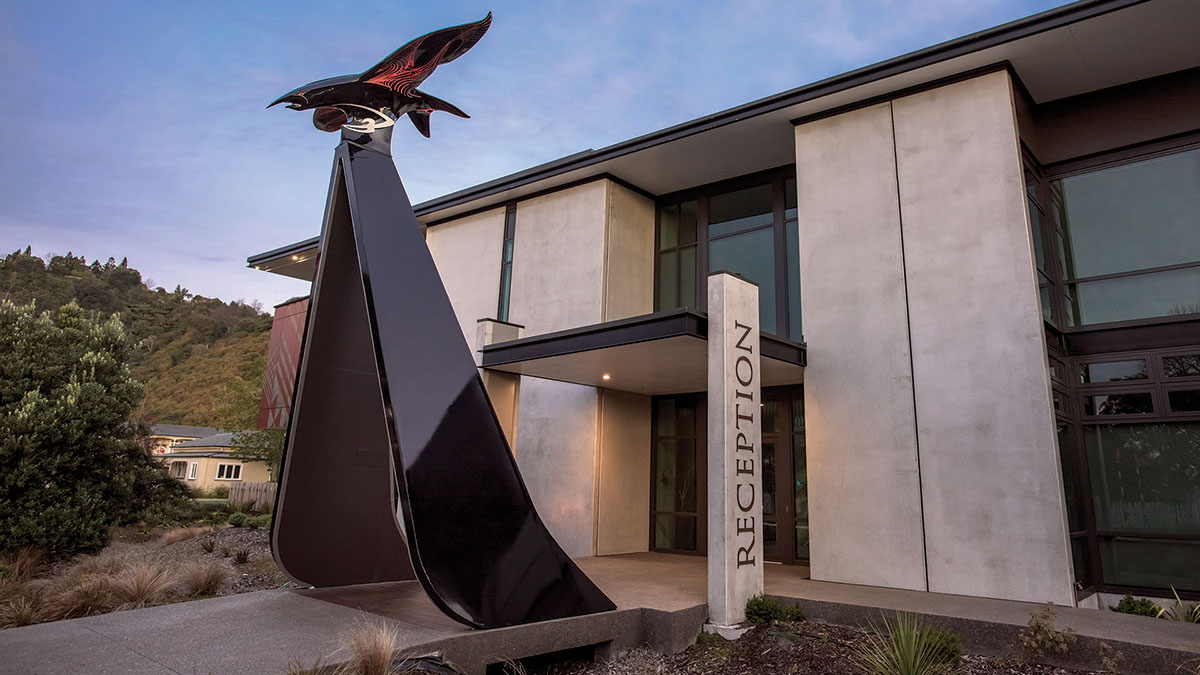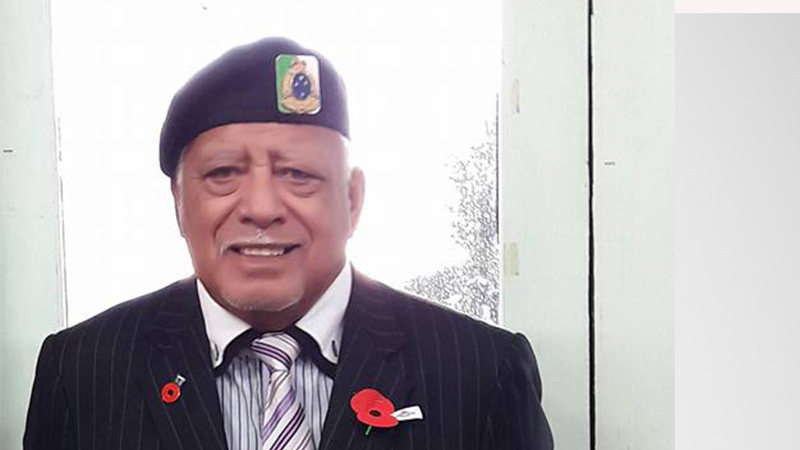Indigenous food system a pathway to the good life
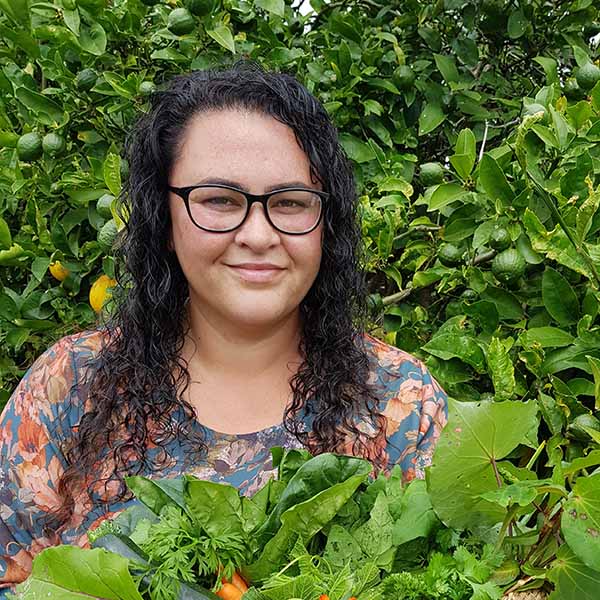
Faren Taylor, a graduate of Kai Oranga now teaches the programme
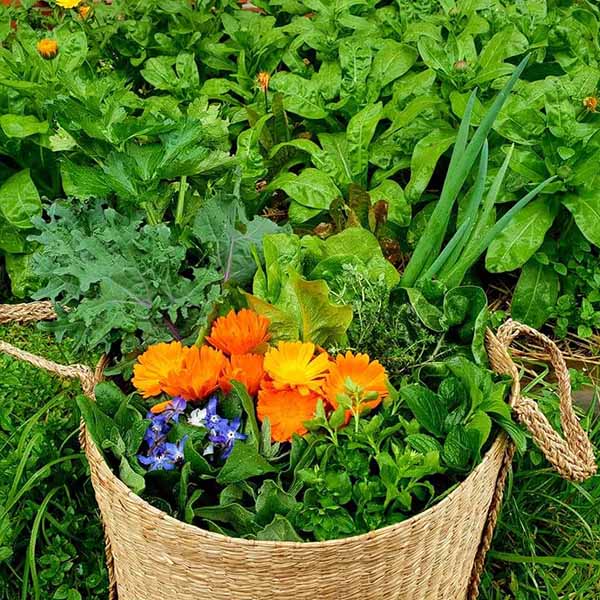
Fresh produce from the maara is harvested by Faren and her students
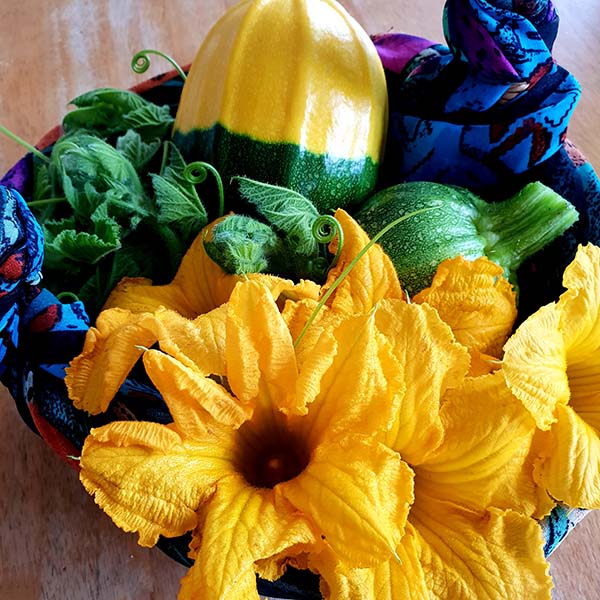
Kamokamo is popular variety of squash
Faren Taylor was 26 and a newly single mum when she made her first foray into the world of sustainable food production. She enrolled three years ago in a Te Whare Wānanga o Awanuiārangi programme called Kai Oranga, which teaches an indigenous system of growing and producing food.
“I knew I needed to do something positive for myself and my little boy, so I decided to take a chance on the Kai Oranga programme,” Faren says.
The experience changed her life – improving her health dramatically, saving money on food, forging new community connections, and leading to a complete change of lifestyle.
“The journey I started three years ago created a passion, and I just kept implementing kai oranga into my lifestyle. We learnt not just about how to feed ourselves but also how to nourish our bodies and produce kai for our whānau without relying on money or supermarkets.
“When I started, I was a pre-diabetic smoker and my overall health wasn’t very good. Since being around a group of positive people who are all on the same journey toward healing and better health, I have given up smoking and my health has improved. I feed my whānau, and my parents, brothers and sisters, and I give excess kai away to my community.”
The Level 3 and 4 programmes focus on sustainable food production using traditional and modern techniques.
“You learn about kaitiakitanga (caring for resources) right from the basics of how to plant seeds and care for your soil to ensure you get healthy, nutrient-dense kai, and how to utilise what we have in our natural world sustainably.
“My small garden in Waitara is slowly transforming. I plan to have a food forest instead of a lawn. I eat mostly what I produce over spring, summer and autumn, growing beetroot and greens, rhubarb, passionfruit, berries, oranges, lemons, kiwifruit and feijoas, and in my Dad’s garden we grow potatoes, kūmara, pumpkins, kamokamo and watermelons. We have at least four plant-based meals a week, and we’re learning about preserving using traditional methods so that we’ve got more kai over winter.”
Faren eats meat “every now and again”. She keeps chickens for the eggs, and they also eat the insects and unwanted parts of the vegetables. “We buy milk and dried goods, and trade kai when we’re in abundance. I put boxes of free kai out at the end of my driveway, and we have places around Waitara where you can leave excess kai for the community.”
A graduate of both the Level 3 programme and the Level 4 course, she is now teaching Kai Oranga in New Plymouth – a circumstance that still amazes her.
“If I hadn’t taken a chance on trying something new, I would not be where I’m at today.”
A focus is growing heirloom varieties of fruit and vegetables, gathering traditional food, and preparing kai in traditional ways.
“We do a lot of fermented foods like kaanga pirau (rotten corn) and creating the rewena bread bug from taewa and kūmara,” Faren says. “We also work with the maramataka (Māori calendar) for both kai and rongoā (medicine). When the time is right, we go to the tide and collect mussels for toroī (fermented mussels), learn how to eel and fish, and go foraging for greens. If we can’t gather what we need, we look to our cultivated kai.
“We’ve got space in our māra (garden) to try a lot of different things – we’re trialling black navajo corn, different varieties of melons, taro and native mushrooms.”
The students are also studying traditional storage systems, and are looking at building a pātaka (raised storehouse) and rua (pits) for keeping root vegetables during the winter months.
Faren says she is living a lifestyle now that she could never have imagined three years ago. “It’s a lot better than before. It means I can be a better role model to the whole of my whānau and those who aren’t necessarily making great choices at the moment can see that they can choose to go down a different path.
“One thing I tell everyone is that Kai Oranga is not just a 20-week course – it’s something you take on for a lifetime. It’s a journey, and if you’re open to all the gifts that you’re going to be given over that time, it’s a lifestyle that you will forever be grateful for.”
